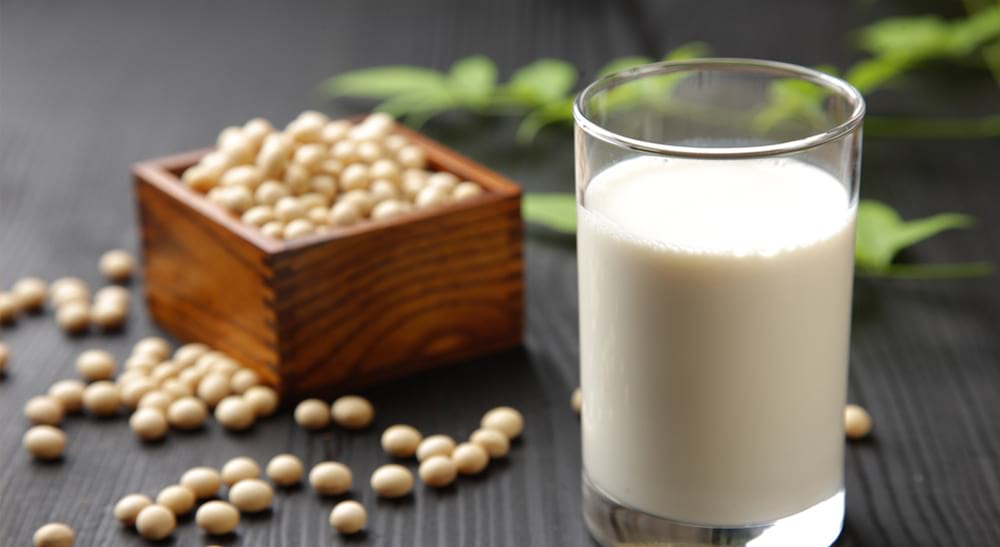By MACROS | Published on July 30, 2017
Often touted as the enemy of testosterone, soy is one of the most polarizing foodstuffs on supermarket shelves. Should you avoid it completely or it is worth including in your nutritional arsenal?
Soy could be a near perfect food: it’s cheap, vegetarian and is supposed to unclog your arteries. So it’s easy to see why eight out of 10 people believe it’s healthy. However, there’s still a lot of controversy surrounding soy consumption, particularly among people with strong nutritional backgrounds.
So where does that leave you? Well, a good rule in life is to err on the side of caution wherever there’s debate. It can’t be denied that soy protein and soy consumption in general have been associated with people having lower testosterone levels, lower thyroid function and decreased ability to absorb minerals.
On the flip side, soy has been shown to help reduce blood lipids, making it good for cardiovascular health. Plus, there’s some evidence suggesting it could have positive benefits for your prostate. Confusing, huh? Well, prepare to be enlightened.
Going back to the roots
An important thing to remember is that when you extract, process and concentrate something, you tend to concentrate the elements from that source. In this case, the elements that exert a hormonal effect on your body are the soy isoflavones, and soybeans are the richest source of these in the human diet. These isoflavones are known as phytoestrogens (plant compounds that can behave like the hormone estrogen), and are the likely link between soy consumption and any negative impact on your hormones.
Research in the journal Human Reproduction found that men who ate the most soy had 41 million fewer sperm per milliliter than men who ate no soy. It’s important to note that the lower amounts of sperm were particularly marked in people who were obese to start with, which could be a factor to consider. Of course, the amount of isoflavones will depend on the source of soy and how much processing it’s had. So soya milk might contain larger amounts of isoflavones when compared to, let’s say, tofu, but soy flour probably has the highest content of concentrated isoflavones.
– RELATED: Going Veggie Could Be Key To Losing Weight –
Making sense of the mixed response
One of the reasons for the large variation in results in the many studies done on soya is probably due to the different ways people metabolize soy phytoestrogens, depending on the type of bacteria they have in their bowel. Some of these bacteria can cause people to metabolize daidzein to equol, a more powerful estrogenic compound. Fewer folk in the western hemisphere are thought to possess this ability than people who live in the east. To date, there isn’t a definitive test to see if you have these particular bacteria. Although, you could try running some basic blood tests, then eating some additional measurable soy isoflavones and doing a follow-up blood test to see if it’s adversely affected your testosterone levels. If it hasn’t, you could be neglecting a very healthy protein source.
Does it kill testosterone?
Since soya milk has a high estrogen content, we have to consider who should and shouldn’t be drinking it. Smaller people are more susceptible to lower concentrations of all compounds, so feeding a baby soya milk wouldn’t be a good idea, but a larger person might not be as adversely affected. As with all foods, you should probably avoid overly processed forms of soy. And since a lot of soy is genetically modified, you might want to think about going organic.
Rather, stick to the more traditional uses of soy in soups, like miso, or as tofu and tempeh in the odd stir-fry. You should also avoid any excess sources of vegetable oils, so soya oil, in particular, would be one to avoid. Moderate consumption of fermented soy is part of a mixed and informed dietary intake and not something that will suddenly turn you into a girly man – in fact, quite the opposite will happen.

